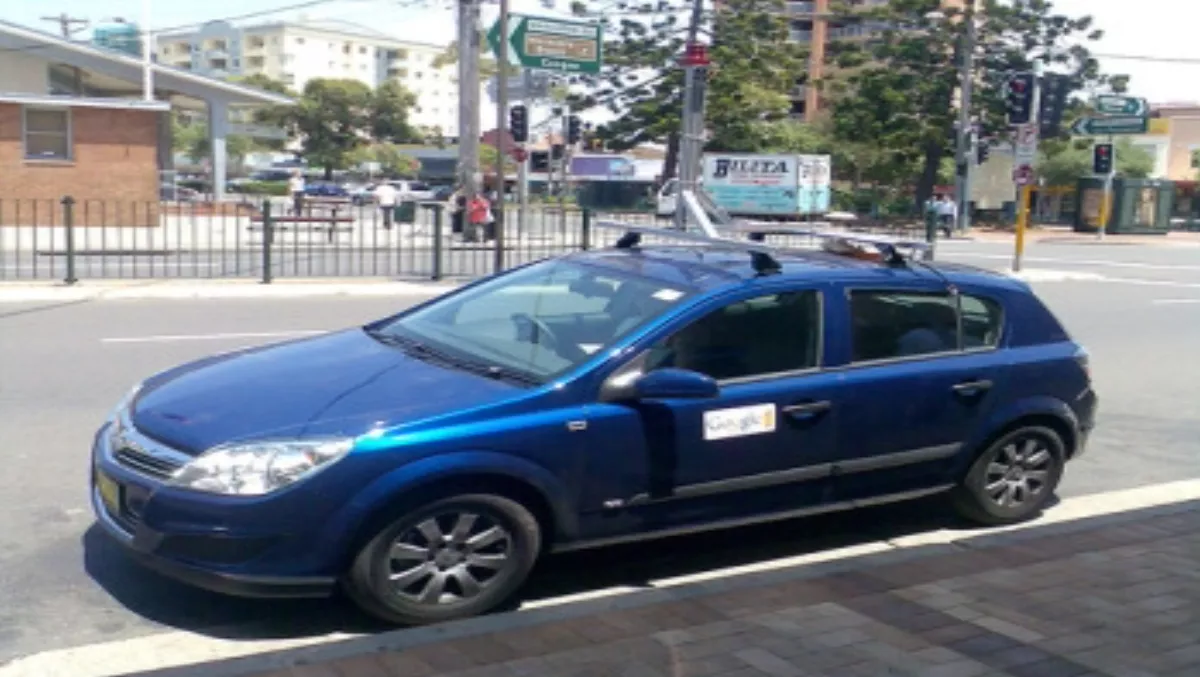
Google cars grabbed wi-fi data
Google has admitted it accidentally gathered personal datafrom wi-fi networks while doing its Street View mapping, and has now stoppeddoing this.
Last month it was revealed that the cars taking photographsfor Street View had also been collected information from non-protected wi-fiaccess points, including wi-fi devices inside private homes. Google respondedthat this was not illegal, as the broadcast information could be read by anyonewith a wi-fi enabled device, and that the data collected would be used toimprove Google’s geo-location services.
An international group of privacy commissioners, includingNew Zealand’s Marie Shroff, criticised Google earlier this year for launchingStreet View “without due consideration of privacy and data protection laws andcultural norms”.
There were complaints from members of the public whose homesappeared on Street View, particularly when people’s faces were clearly visible.The commissioners noted that such privacy concerns were addressed “only afterthe fact, and there is continued concern about the adequacy of the informationyou provide before the images are captured”.
Last week, Shroff issued a statement saying she wassurprised the public had not been told beforehand that Google’s cars would becollecting other information. She said she had asked Google to confirm that wi-fidata was collected in New Zealand, before deciding whether to take furtheraction.
Now Google admits that its cars collected data transmittedby the wi-fi networks they passed - previously it had denied doing this, sayingthey only collected publicly broadcast SSID information (the wi-fi networkname) and MAC addresses (the unique number given to a device like a wi-firouter).
In a blog posting, Alan Eustace, Google’s Senior VP,Engineering & Research, says collecting the data was “a mistake”.
“In 2006 an engineer working on an experimental wi-fiproject wrote a piece of code that sampled all categories of publicly broadcastwi-fi data,” Eustace said. “A year later, when our mobile team started aproject to collect basic wi-fi network data like SSID information and MACaddresses using Google’s Street View cars, they included that code in theirsoftware - although the project leaders did not want, and had no intention ofusing, payload data.
“As soon as we became aware of this problem, we grounded ourStreet View cars and segregated the data on our network, which we thendisconnected to make it inaccessible. We want to delete this data as soon aspossible, and are currently reaching out to regulators in the relevantcountries about how to quickly dispose of it.”
Street View cars have now stopped collecting wi-fi dataentirely, Eustace said. A third-party review will look at the softwareconcerned and confirm that all data collected has been deleted. Procedures arealso being reviewed to ensure this doesn’t happen again.
“The engineering team at Google works hard to earn yourtrust - and we are acutely aware that we failed badly here. We are profoundlysorry for this error and are determined to learn all the lessons we can fromour mistake,” Eustace concluded..

